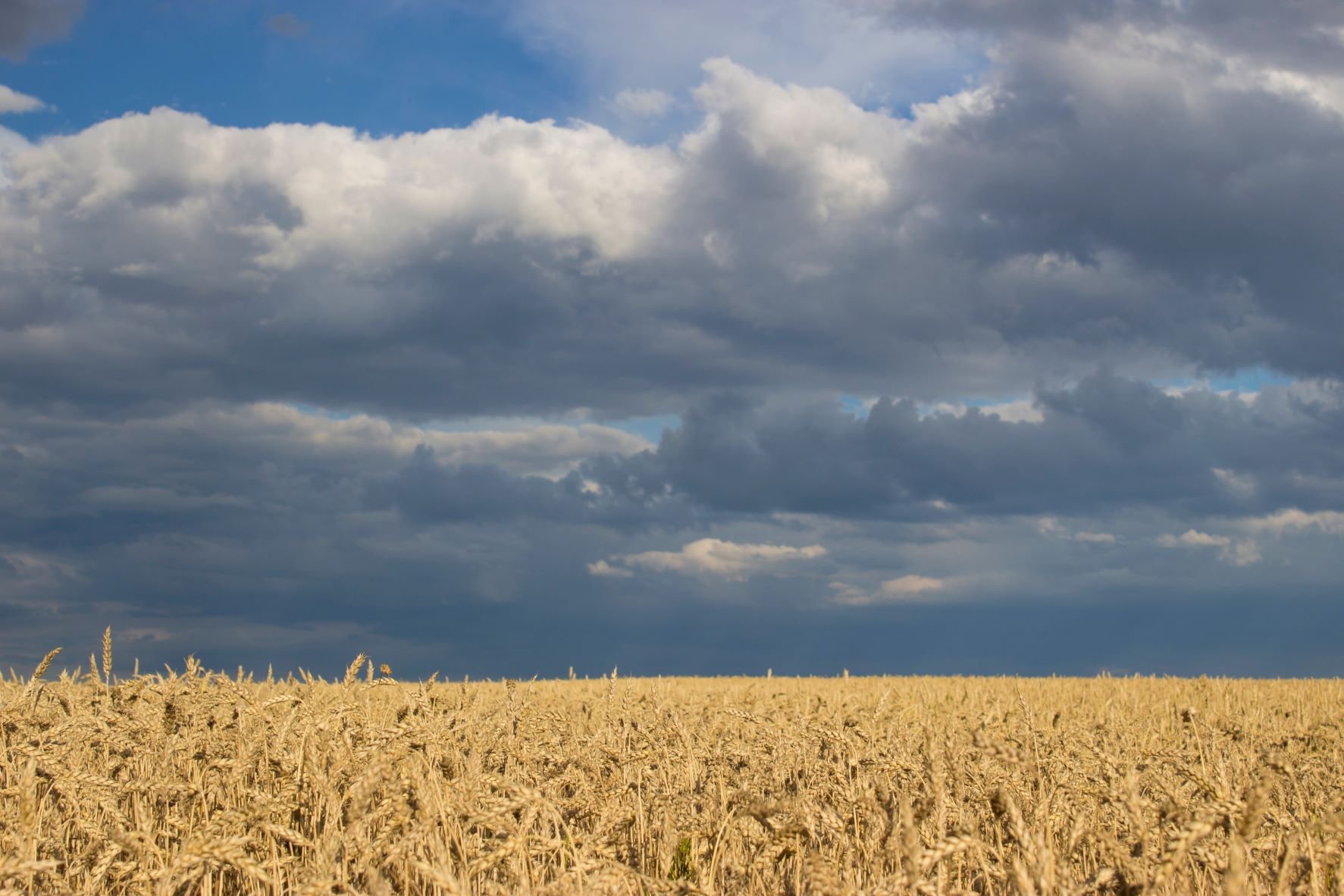
The Russian-Ukrainian conflict and its food security implications in northwest syria
March 2022
Introduction
Food prices throughout Syria are increasing, up 86% in January compared to the same time in 2021, leading to more food insecurity, particularly in the northwest which is largely dependent on humanitarian food aid and imports from Turkey. The conflict in Ukraine threatens to disrupt global trade in essential items, with Ukraine’s production capacity severely diminished and sanctions on Russian goods interrupting supply lines, a situation which has a knock-on effect into Turkey and Turkish imports into northwest Syria. Turkey imports 69.7% of its sunflower oil and 78% of its wheat from Ukraine and Russia. Any potential price increases or wheat shortages in Turkey are likely to affect Syria’s northwest, which is highly dependent on Turkish wheat imports. The Turkish-supported Syrian Interim Government and the opposition’s Syrian Salvation Government, both ruling administrations in the northwest, have implemented policies to combat the high levels of food insecurity, largely relating to bread production.
The instability of the Turkish lira (used throughout the northwest), poor domestic production, bans on imports from Turkey, and regional and international restrictions on the administrations are likely to undermine any possible gains of local policymaking. In an area already heavily dependent on humanitarian aid, particularly aid coordinated by the UN in Turkey and sent through the Bab al-Hawa border crossing, maintaining this humanitarian assistance is essential. Without a resolution to the conflict in Ukraine, global wheat, oil and energy prices are set to soar, affecting heavily dependent countries like Turkey the most. Countries and regions like northwest Syria which are already struggling will need more help to both deal with and recover from the fallout.

